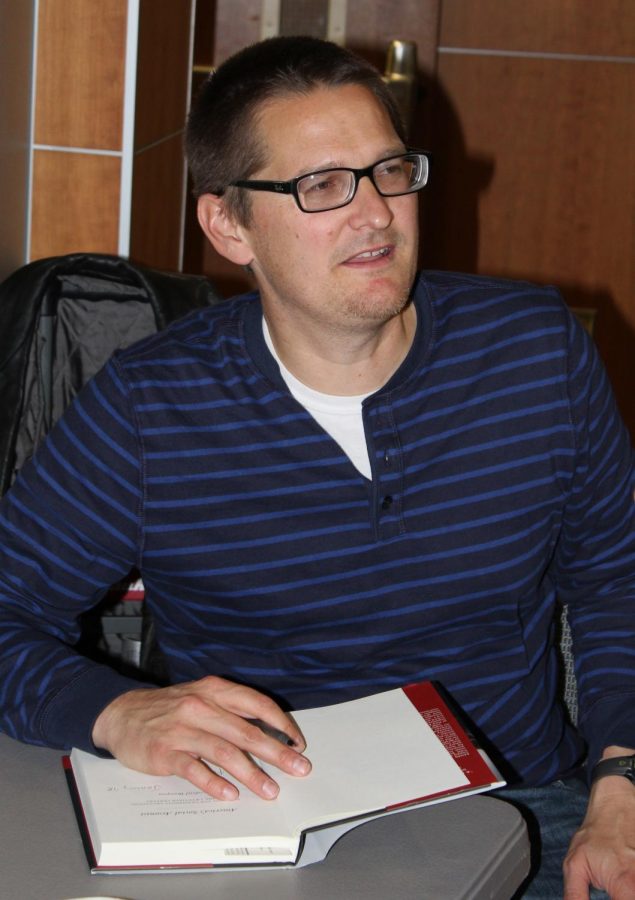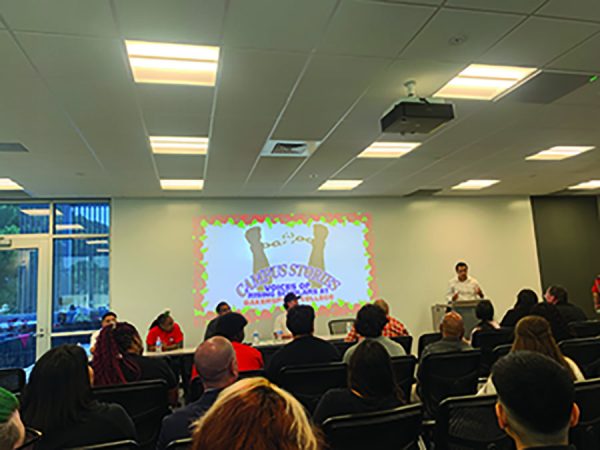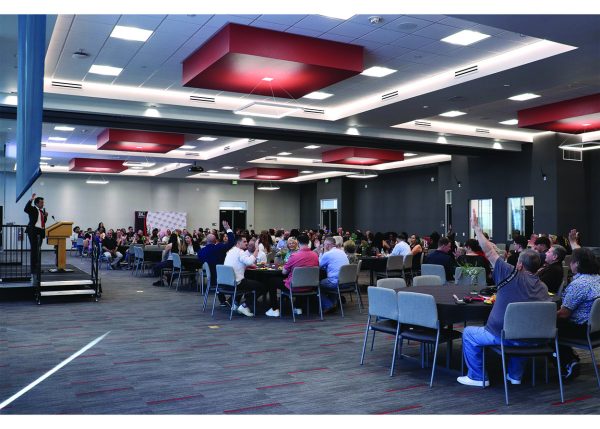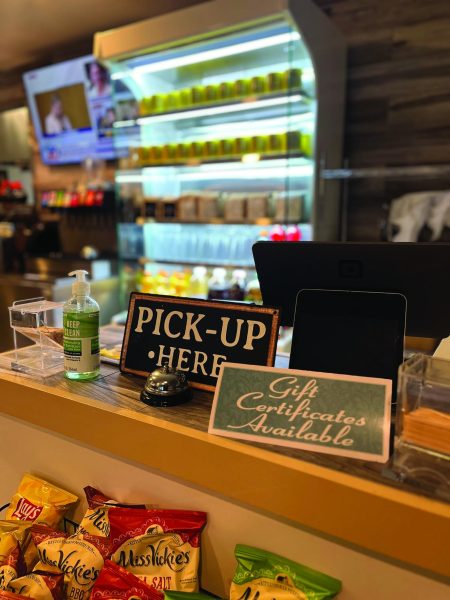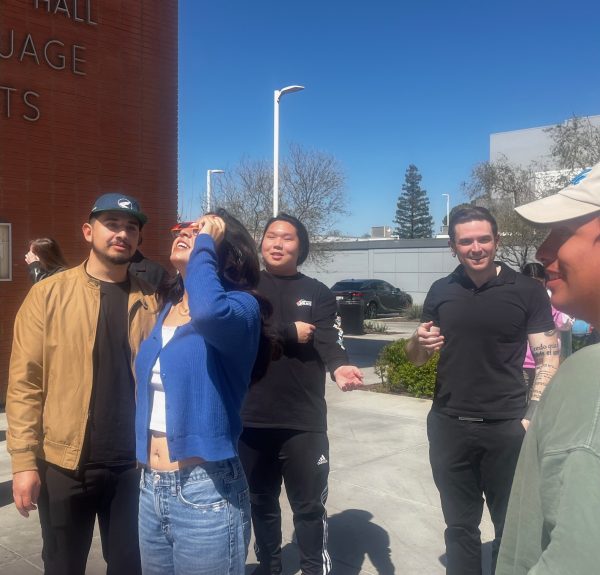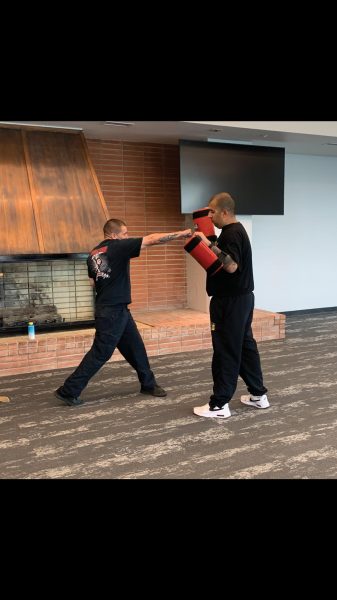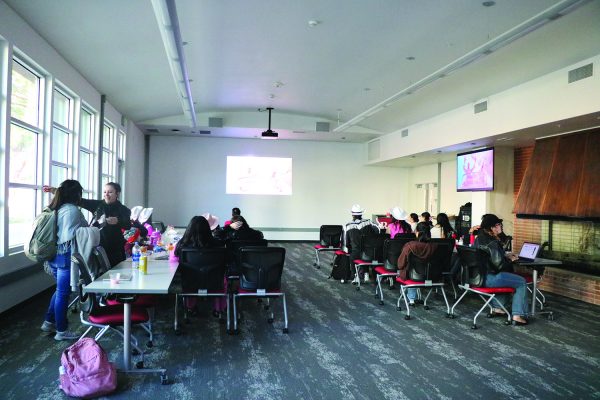Gabriel Thompson joins BC students to discuss his book “America’s Social Arsonist”
Author Gabriel Thompson, signing his book “America’s Social Arsonist” for Bakersfield College students
January 28, 2018
Renegades and members of the community gathered at the Norman Levan Center for the Humanities to welcome award-winning journalist and author of “America’s Social Arsonist,” Gabriel Thompson.
The evening began with a glimpse into Thompson’s life and achievements. Originally from Oakland, he has written feature articles for the New York Times and reviewed books for the San Francisco Chronicle. He has published five books with an emphasis on immigration, labor, and organizing.
When asked about the reasons why he decided to write about those particular topics, Thomson described how despite not knowing much about farm work, he found himself working in migrant camps. It was at that time that he became more aware of the struggles of migrant workers. Eventually, he became a labor organizer.
His work exposed him to stories of leaders of the civil rights and labor movement including Dolores Huerta. He was also exposed to the work of Fred Ross, who, Thompson said, “was a legend for a small number of people while others had never heard of him.”
“America’s Social Arsonist” tells the story of Fred Ross. Ross was one of the most influential community organizers of the 20th century, and he inspired the work of prominent figures including Cesar Chavez.
Thompson shared how Ross was one of the first people to introduce Chavez to social change. He wanted his help to create a community for Latinos who were victims of violence and police brutality. At first, Chavez was so reluctant that he would hide whenever Ross knocked on his door. Eventually, Ross’ determination got the attention and support of Chavez.
Together, they began to advocate for the rights of migrant workers. They worked together from 1952 to 1962 when Chavez founded the United Farm Workers. According to Thompson, Ross’ knowledge and training contributed to the success of Chavez’s future projects.
“You can’t understand how Cesar Chavez ends up on the cover of Time Magazine in 1968 if you don’t also know that Fred Ross in 1952 was knocking on his door and refusing to take no for an answer.”
The author added that Ross’s influence continues through today’s leaders who work for immigrant rights, human rights, environmental justice, and more. “Any organizer who has conducted a voter registration and turnout campaign, held a house meeting to recruit grassroots activists, or launched a boycott owes a debt of gratitude to Ross,” he concluded.


